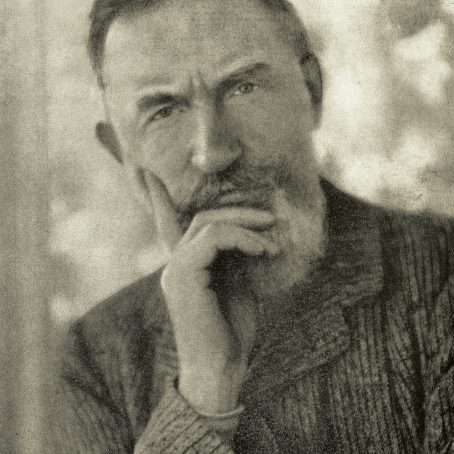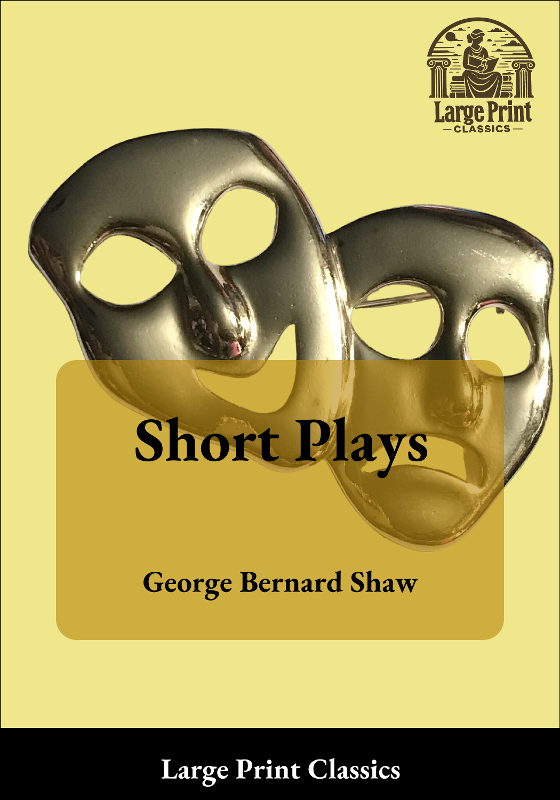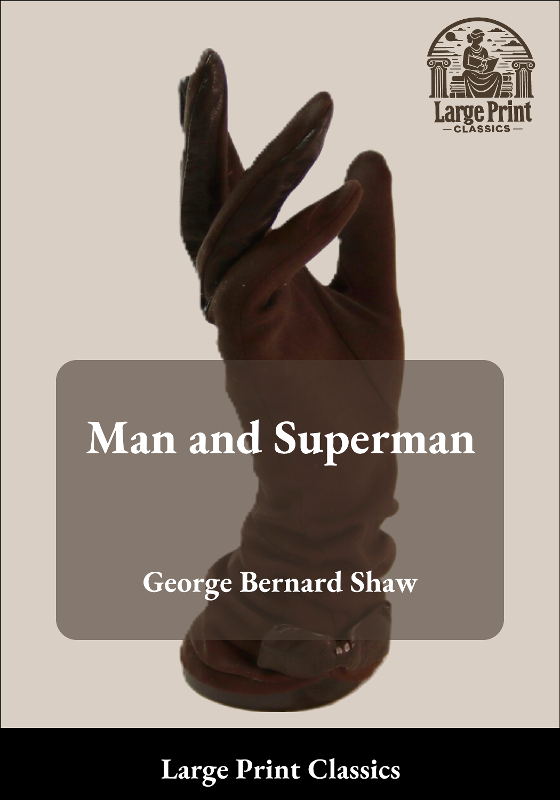
George Bernard Shaw
Biography and Books
Biography
George Bernard Shaw (1856-1950) was an influential Irish playwright, critic, and social reformer, renowned for his sharp wit and keen insights into human nature and society. Born in Dublin, Shaw moved to London in 1876, where he became an integral part of the literary and cultural scene. He gained prominence with his plays, which often tackled social issues and challenged conventional norms, including “Arms and the Man,” “Major Barbara,” and “Man and Superman.” Shaw’s works are characterized by their clever dialogue, satirical humor, and profound philosophical themes, reflecting his commitment to social change and his belief in the power of art to provoke thought and discussion.
Shaw’s most famous play, “Pygmalion,” not only solidified his reputation as a master playwright but also inspired later adaptations, including the beloved musical “My Fair Lady.” Throughout his prolific career, he penned over 60 plays, essays, and critiques, earning the Nobel Prize in Literature in 1925. Shaw remained a passionate advocate for various causes, from women’s rights to education reform, and his legacy continues to resonate with audiences today. His ability to blend entertainment with intellectual rigor ensures that his works remain relevant and widely performed across the globe.





